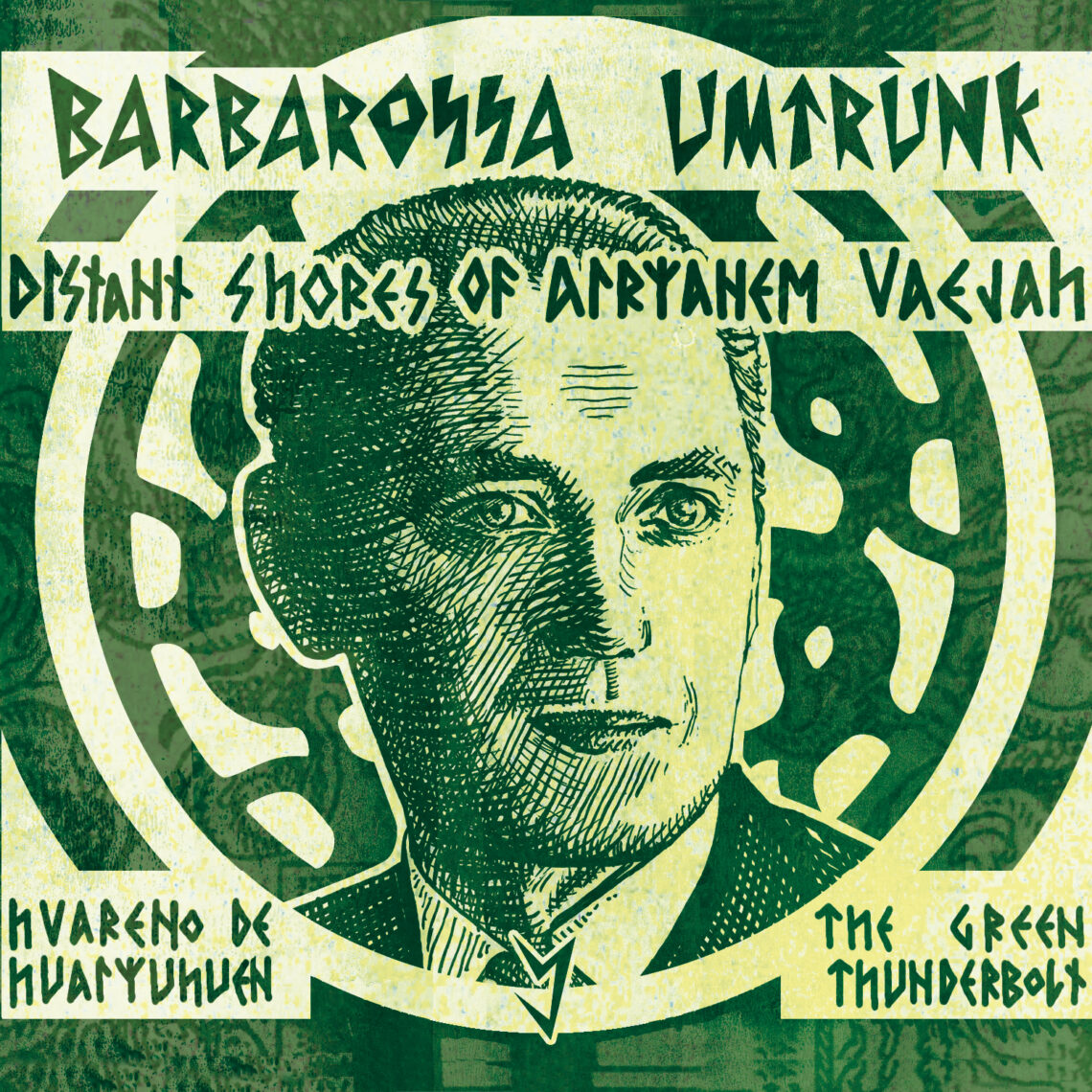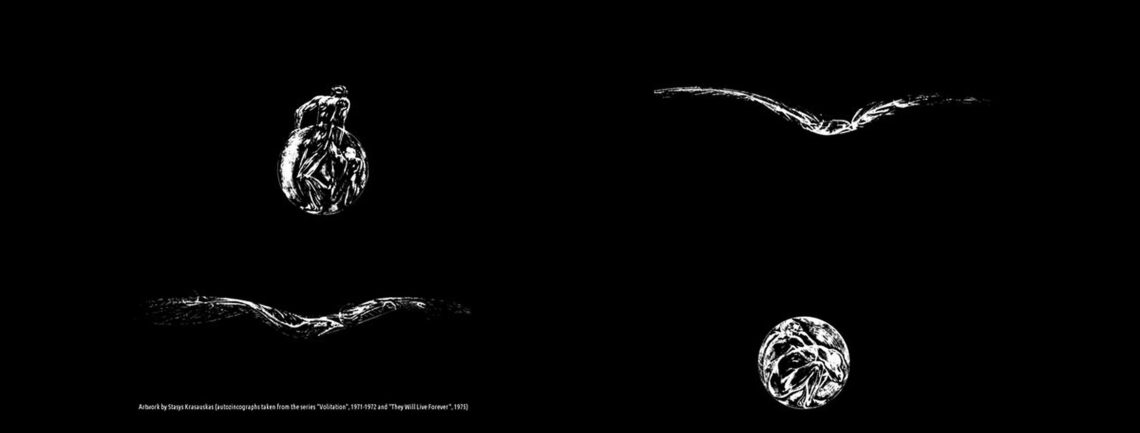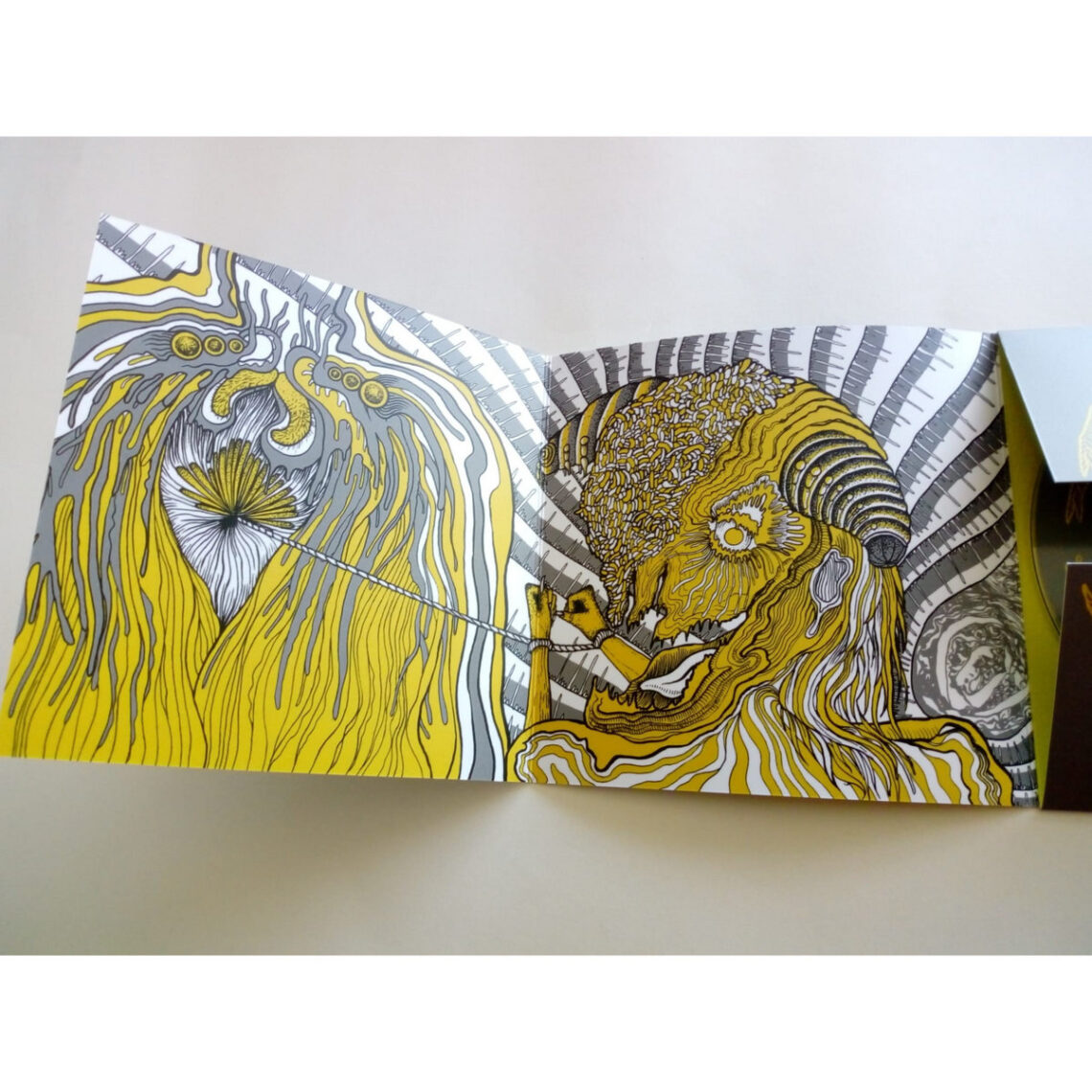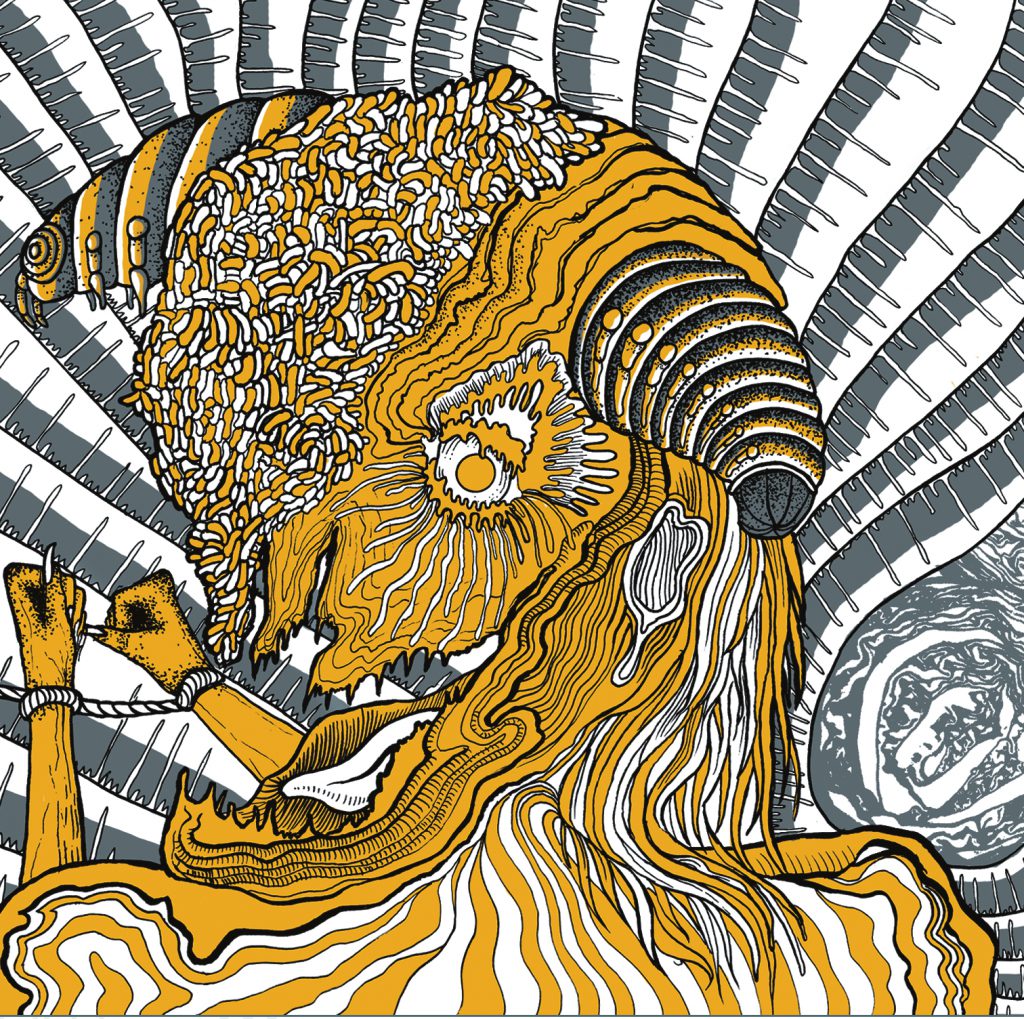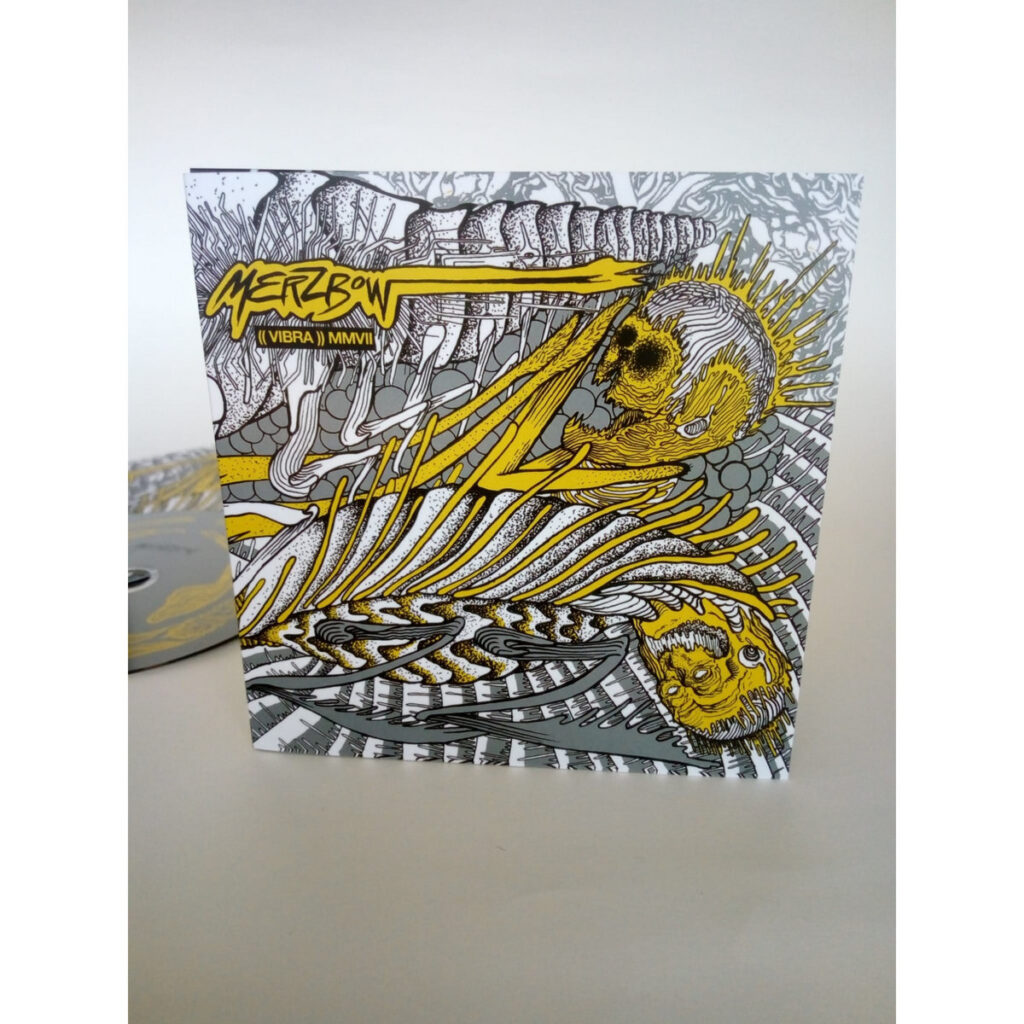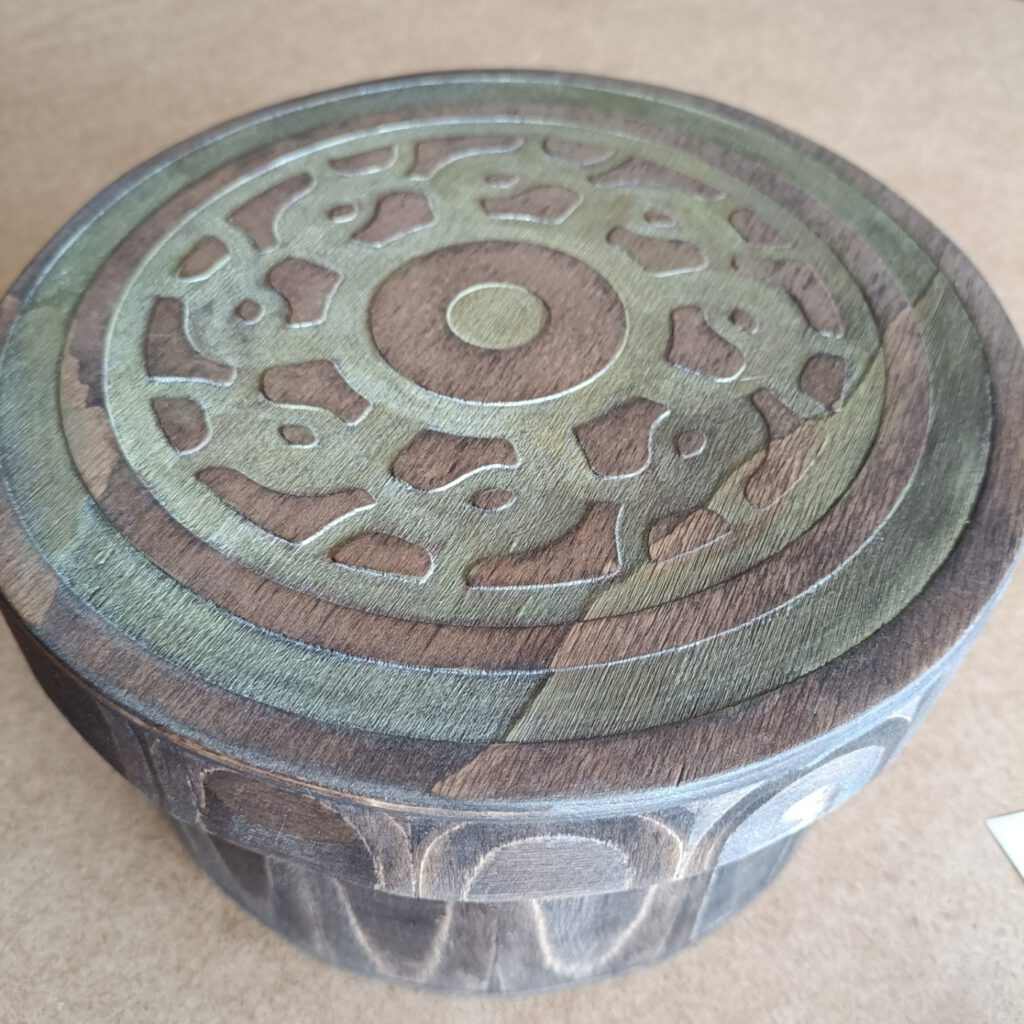
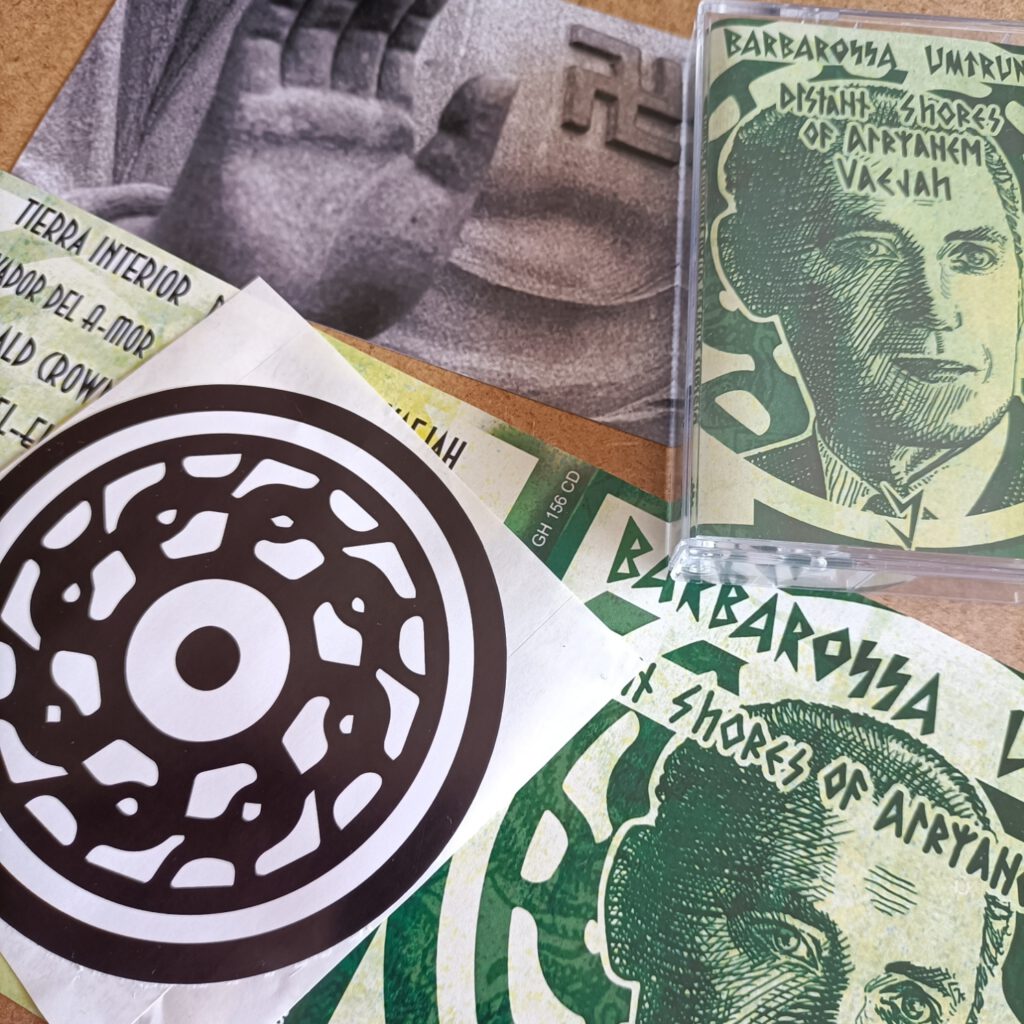
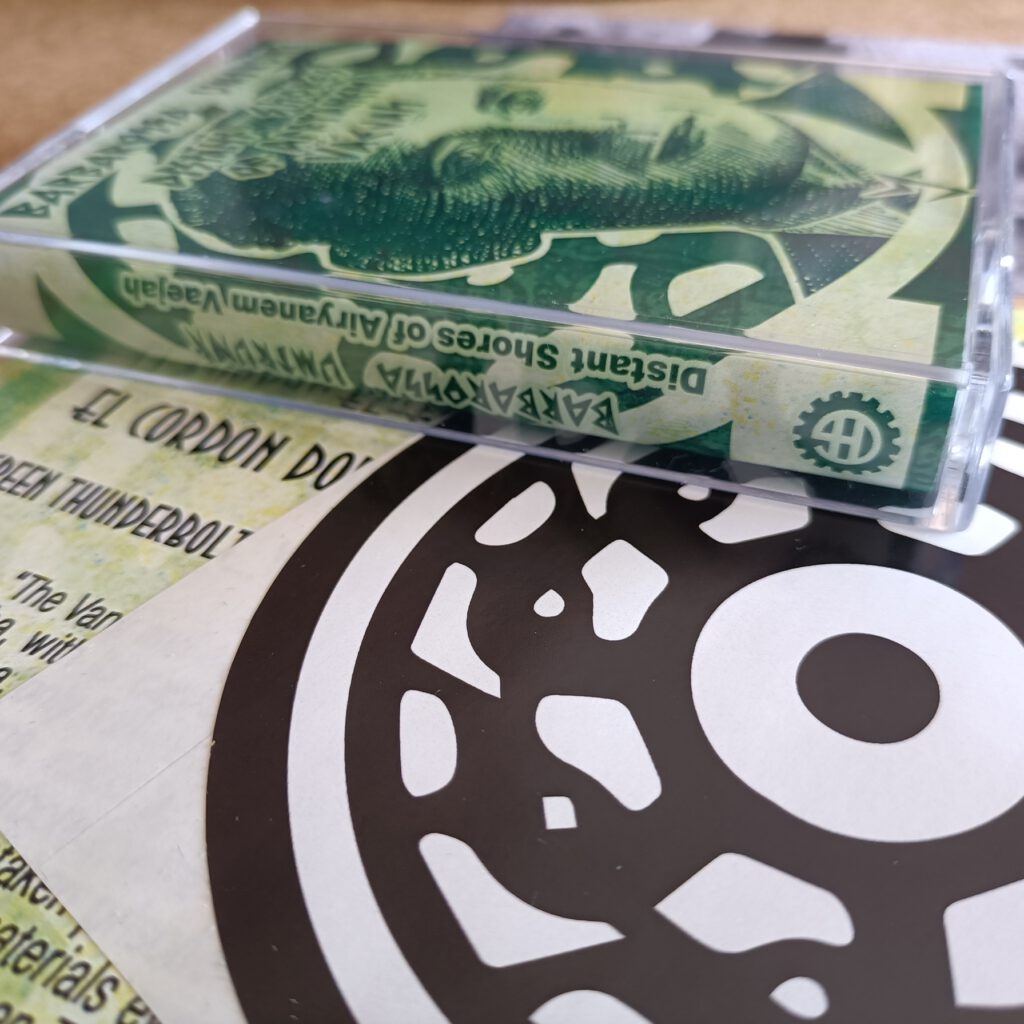
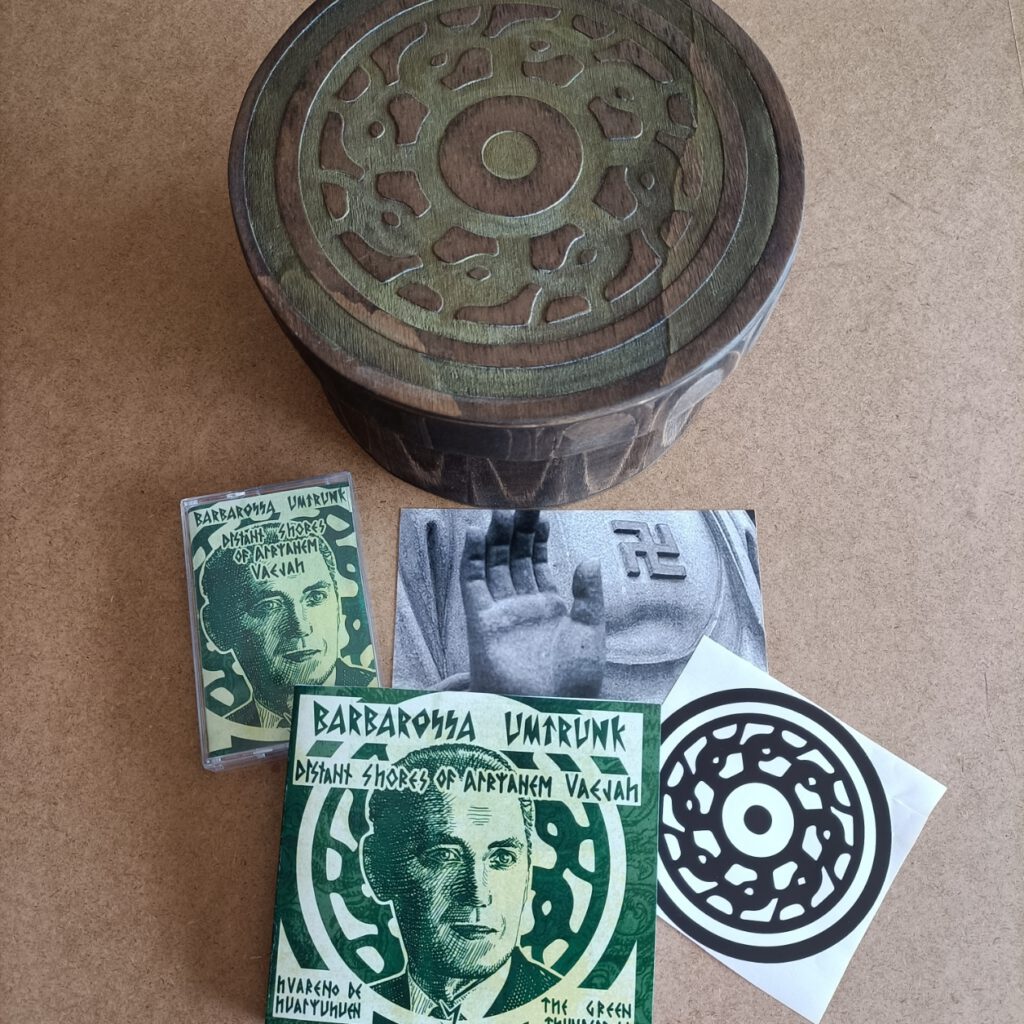

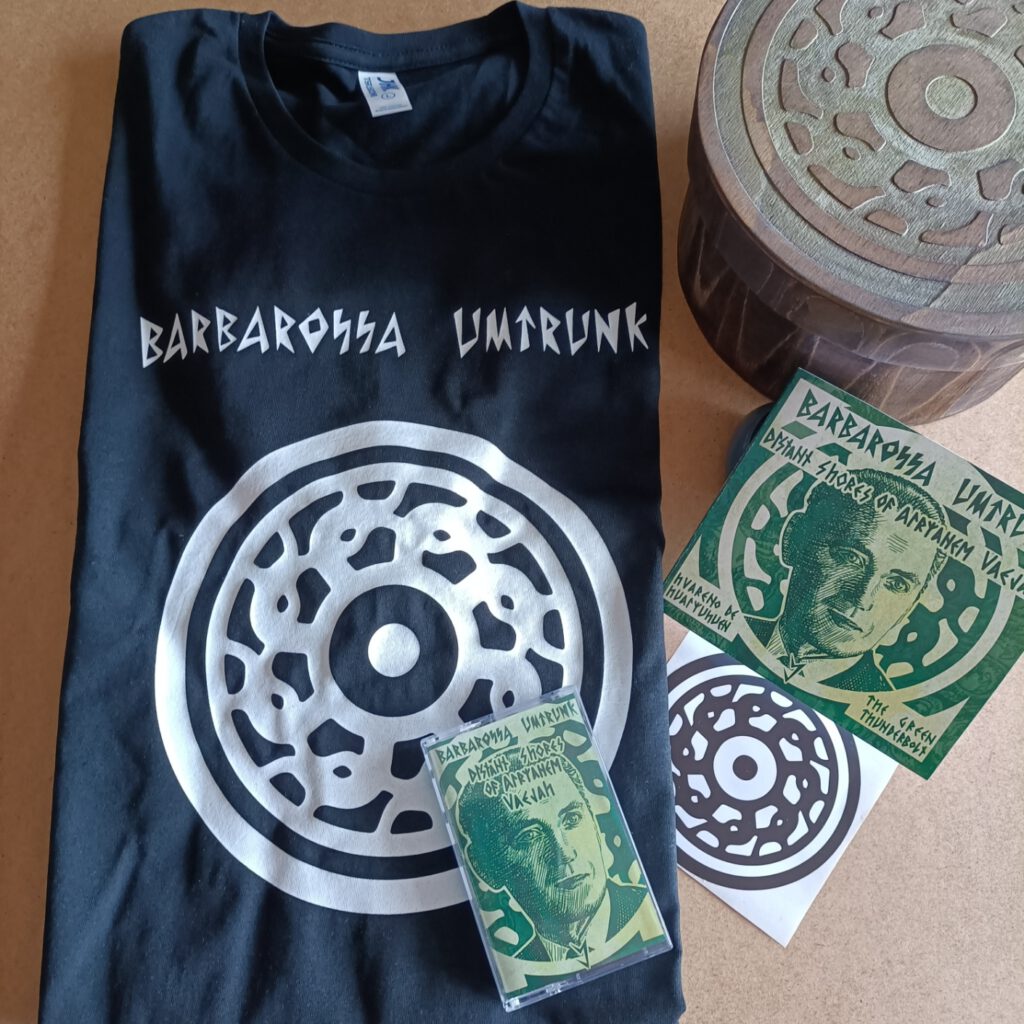
Barbarossa Umtrunk – Distant Shores Of Aryanem Vaejah ( Tribute to Miguel Serrano ) Special Edition
PRE – ORDER / OUT OCTOBER 2024 – IMPORTANT, ONLY AVAILABLE FOR PRE-ORDER
Label: Gradual Hate Records – GH 156 SP
Format: Special Edition: Pyrographed, aged and hand-painted wooden box, T-shirt, Sticker + Postcard + Cassette, Album, Limited Edition 50 Copies + CD Digipak
Style: Neofolk, Military, Industrial, Ambient, Martial Industrial
Barbarossa Umtrunk – Distant Shores Of Aryanem Vaeja ( Tribute to Migu – GH Records
The album Distant Shores of Airayanem Vaejah (Hvareno de Huaiyuhén: The Green Thunderbolt) is a tribute to Miguel Serrano which brings together the respective parts that Barbarossa Umtrunk had previously delivered in memory of the last of the Troubadours and ultime prophet of «Esoteric Hitlerism» on Distant Shores of Hvetramannaland (2011) & Airyanem Vaejah (2015), two now sold-out splits which were undertaken with Dronerune (side-project of Kazeria) and Saturn Form Essence (side-project of Moloch). As a bonus, two tracks from Agarthi (2010) and Regnum Sanctum (2008) are included. The whole thing has been completely remastered by Sol. M. (T.S.I.D.M.Z) at Tetsuo Studio in Spring 2024.
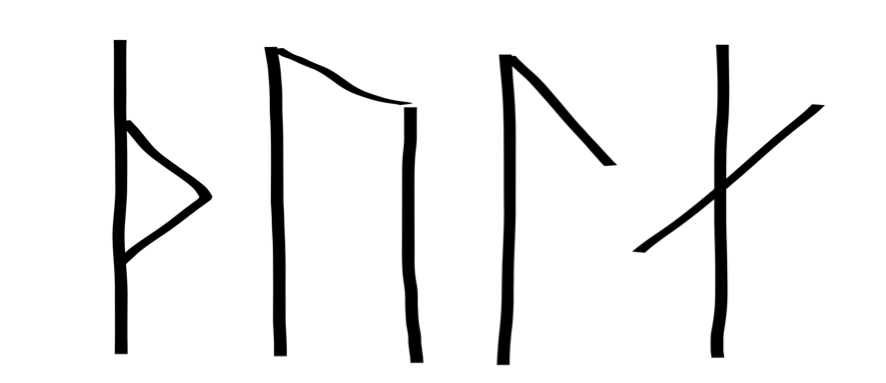
Mon prochain album de Barbarossa Umtrunk «Distant Shores of Airayanem Vaejah (Hvareno de Huaiyuhén : The Green Thunderbolt)» sortira prochainement sur GH Records, c’est un hommage à Miguel Serrano qui regroupe les parties respectives que Barbarossa Umtrunk avait préalablemet livré en souvenir du dernier des Troubadours sur Distant Shores of Hvetramannaland (2011) & Airyanem Vaejah (2015), deux splits aujourd’hui sold-out qui furent entrepris avec Dronerune (side-project de Kazeria) pour le premier puis Saturn Form Essence (side-project de Moloch) pour le second. En bonus seront inclus deux morceaux tirés de Agarthi (2010) et Regnum Sanctum (2008). L’ensemble a été entièrement remasterisé par Sol. Mutti (T.S.I.D.M.Z) à Tetsuo Studio au Printemps 2024. L’artwork sera l’oeuvre de Mael Hyno et l’album sera disponible sous deux formats : CD et K7. Les compos naviguent entre military-pop, post-industrial, ambient-ritual et des parties plus martiales/orchestrales délivrant des climats hyperboréens qui nous transportent de la Terre Creuse à Shambhala via l’Ultima Thule.

